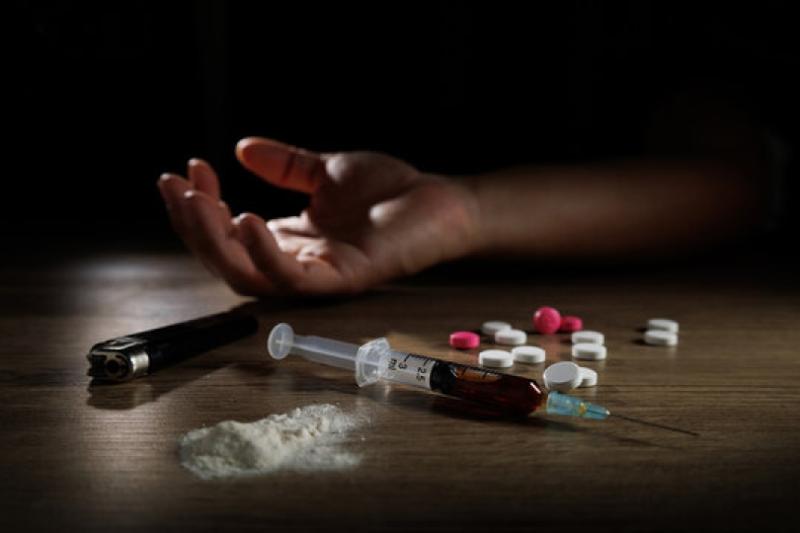Teen Addiction: Warning Signs and How to Help

Teen addiction is a growing concern in today’s society, affecting families, schools, and communities. Adolescence is a period of experimentation and self-discovery, making teenagers more vulnerable to substance abuse and other addictive behaviors. Recognizing the warning signs of addiction early and taking the right steps can prevent long-term consequences and help teens get back on the right path.
Warning Signs of Teen Addiction
Identifying addiction in teens can be challenging, as many behaviors may be mistaken for typical teenage rebellion or mood swings. However, persistent patterns of the following warning signs should raise concern:
1. Behavioral Changes
Sudden drop in academic performance or loss of interest in school activities
Increased secrecy or lying about whereabouts and activities
Withdrawal from family and long-time friends, preferring the company of new peers
Loss of motivation or interest in hobbies they once enjoyed
Engaging in risky or illegal behaviors, such as stealing or skipping school
2. Physical Symptoms
Bloodshot eyes, dilated or constricted pupils
Sudden weight loss or gain
Unexplained bruises, burns, or needle marks
Frequent nosebleeds or sniffing (which could indicate drug use)
Poor hygiene and lack of personal care
3. Emotional and Psychological Signs
Mood swings, increased irritability, or aggression
Depression, anxiety, or frequent bouts of sadness
Paranoia or unexplained fearfulness
Difficulty concentrating or memory lapses
Extreme fatigue or hyperactivity, depending on the substance used
Note: Are you looking for a good de-addiction center in Kerala? Then now you don't have to search anywhere else. We have brought to you the best de-addiction center in Kerala where you will get to see very good services.
How to Help a Teen Struggling with Addiction
Discovering that a teen is struggling with addiction can be overwhelming, but early intervention is crucial for recovery. Here are steps parents, guardians, and caregivers can take to help:
1. Open and Honest Communication
Approach the conversation with concern and empathy rather than anger or blame.
Listen actively to their experiences without interrupting or judging.
Encourage them to share their feelings and struggles while expressing unconditional support.
2. Set Boundaries and Offer Guidance
Establish clear rules and consequences related to substance use.
Encourage healthy activities and hobbies that can replace negative behaviors.
Monitor their social circle and online activities to prevent further exposure to harmful influences.
3. Seek Professional Help
Contact a school counselor, therapist, or addiction specialist for guidance.
Consider enrolling them in support groups like Alcoholics Anonymous (AA) or Narcotics Anonymous (NA) tailored for young individuals.
Explore rehabilitation programs that offer medical and psychological support.
4. Educate and Raise Awareness
Help them understand the dangers and long-term effects of addiction.
Share real-life stories of individuals who have overcome substance abuse.
Teach them coping skills and strategies to manage stress and peer pressure effectively.
5. Provide a Supportive Environment
Reinforce positive behavior and celebrate small achievements in recovery.
Encourage family involvement and open communication to rebuild trust.
Be patient and understanding, as recovery is a process that takes time.
Conclusion
Teen addiction is a serious issue that requires immediate attention and intervention. By recognizing the warning signs early, maintaining open communication, and seeking professional help, families can provide the necessary support to guide teens toward a healthier future. Addiction is not a battle that teens should face alone—parents, educators, and communities must come together to help them break free from substance abuse and lead fulfilling lives.
Post Your Ad Here
Comments